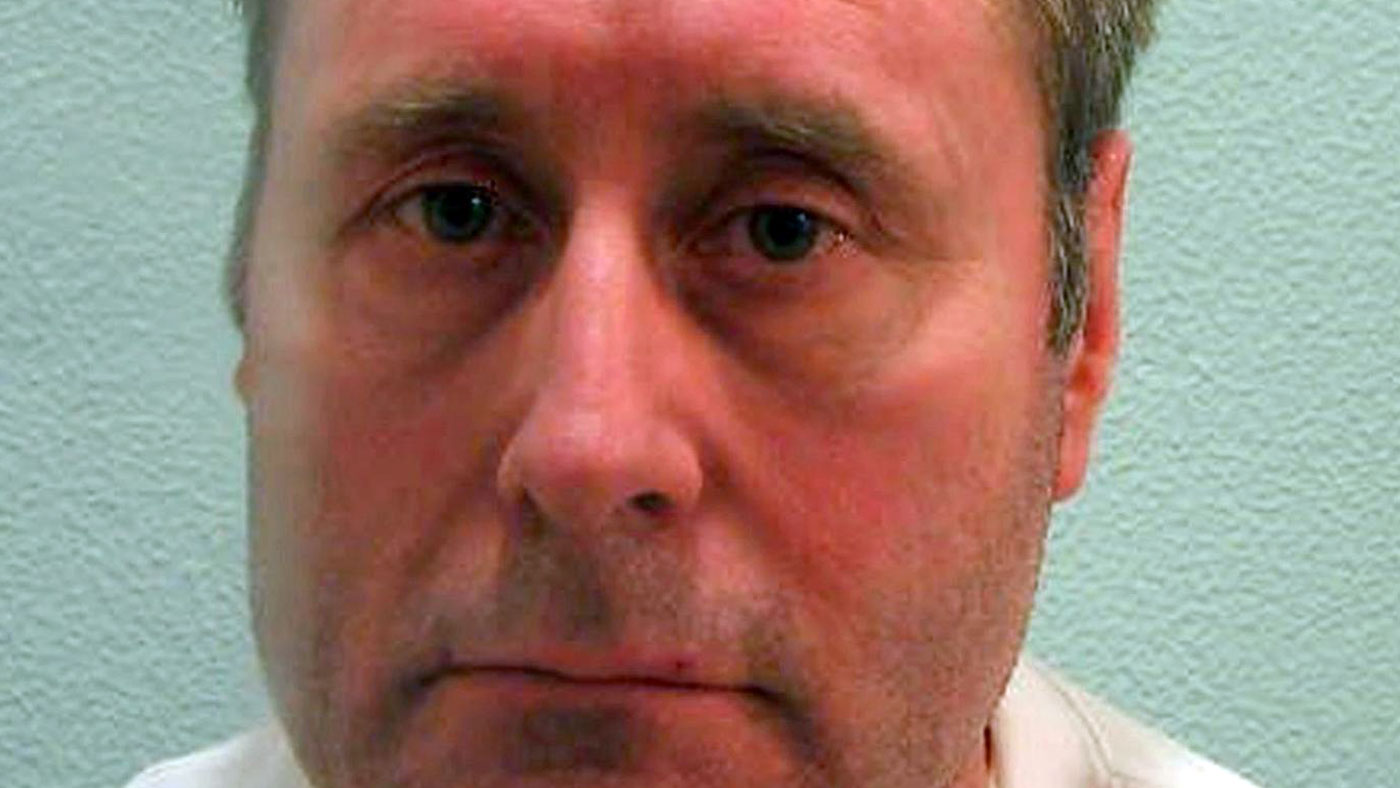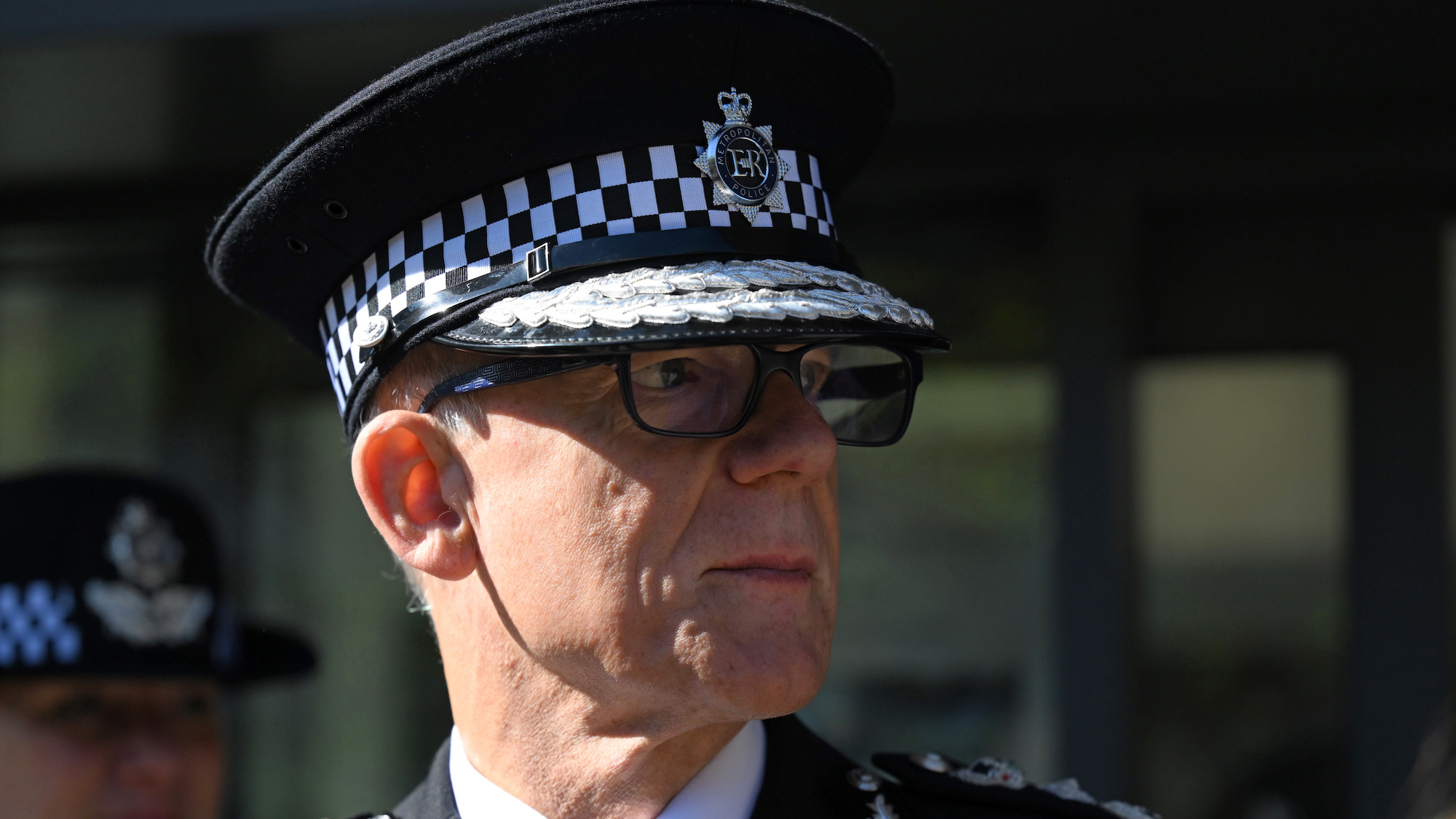John Worboys: why the 'black-cab rapist' decision matters
Outrage grows over release of London cabbie said to have sexually assaulted hundreds of women

A free daily email with the biggest news stories of the day – and the best features from TheWeek.com
You are now subscribed
Your newsletter sign-up was successful
There is widespread anger today over the decision to release rapist John Worboys, a London black cab driver jailed for life in 2009 for drugging and sexually assaulting multiple female passengers. The London cabbie had been handed an indeterminate sentence with a minimum term of eight years.
Home affairs committee chair Yvette Cooper wants the Parole Board to publish its reasons “immediately.” She is calling the decision to free Warboys “shocking” and “deeply upsetting for the victims.”
Parole Board chairman Nick Hardwick apologised “unreservedly” today over the board’s failure to inform victims before the decision was made public, but failed to apologise for the decision itself.
The Week
Escape your echo chamber. Get the facts behind the news, plus analysis from multiple perspectives.

Sign up for The Week's Free Newsletters
From our morning news briefing to a weekly Good News Newsletter, get the best of The Week delivered directly to your inbox.
From our morning news briefing to a weekly Good News Newsletter, get the best of The Week delivered directly to your inbox.
So why is the decision to release the former taxi driver causing such an outcry?
Worboy’s crimes
Worboys was convicted in 2009 of 19 charges of drugging and sexually assaulting 12 women, and one charge of rape, The Guardian reported at the time. Other women later came forward, according to police, and the number of victims could exceed 100.
Worboy’s indeterminate sentence
A free daily email with the biggest news stories of the day – and the best features from TheWeek.com
Worboys was given “an indeterminate sentence with a minimum term of eight years before the Parole Board could approve his release,” reports the Guardian. Nine months into his ninth year in prison, a three-person panel cleared him to be freed.
Why is it all so controversial?
Victims and others are demanding to know why Worboys wasn’t charged with additional crimes after dozens of women came forward following his conviction, which could have led to a longer prison term, The Times reports. There is also an outcry over the “lack of transparency” in the Parole Board’s decision to offer what is viewed as “early release” to a serial offender. Hardwick promised a public consultation.
Why did the Parole Board release him?
Officially, Worboys was released because his eight-year tariff was served and he had satisfied the Parole Board that he no longer presented a risk to the public. Board decisions are binding. While few details have been made public, Worboys’s release is “presumably the result of him completing sex offender treatment programmes – the same ones that last year were found to increase reoffending rates,” barrister Matt Stanbury tweeted.
-
 What to know before filing your own taxes for the first time
What to know before filing your own taxes for the first timethe explainer Tackle this financial milestone with confidence
-
 The biggest box office flops of the 21st century
The biggest box office flops of the 21st centuryin depth Unnecessary remakes and turgid, expensive CGI-fests highlight this list of these most notorious box-office losers
-
 The 10 most infamous abductions in modern history
The 10 most infamous abductions in modern historyin depth The taking of Savannah Guthrie’s mother, Nancy, is the latest in a long string of high-profile kidnappings
-
 The failed bombings of 21/7
The failed bombings of 21/7The Explainer The unsuccessful attacks 'unnerved' London and led to a tragic mistake
-
 David Copperfield faces sexual misconduct claims
David Copperfield faces sexual misconduct claimsSpeed Read Allegations by 16 women include claims the world-famous magician drugged them before having sex with them
-
 Hainault sword attack: police hunt for motive
Hainault sword attack: police hunt for motiveSpeed Read Mental health is key line of inquiry, as detectives prepare to interview suspect
-
 The new powers to stop stalking in the UK
The new powers to stop stalking in the UKThe Explainer Updated guidance could help protect more victims, but public is losing trust in police and battered criminal justice system
-
 How sexual harassment is rife in Antarctica
How sexual harassment is rife in AntarcticaUnder The Radar Women have been 'gaslit' over reports of abuse at 'the emptiest, windiest, highest, driest, coldest place on Earth'
-
 The #MeToo movements around the world
The #MeToo movements around the worldThe Explainer French men have been sharing stories of abuse in the latest calling out of sexual assault and harassment
-
 Can the Met Police heal its relationship with the Black community?
Can the Met Police heal its relationship with the Black community?In depth Police chiefs accused of not doing enough to address reported institutional racism
-
 Rape in the metaverse: a case for the real-life police?
Rape in the metaverse: a case for the real-life police?Talking Points Investigation launched into attack on girl in virtual reality game amid warnings that sexual offences 'rife' in online worlds